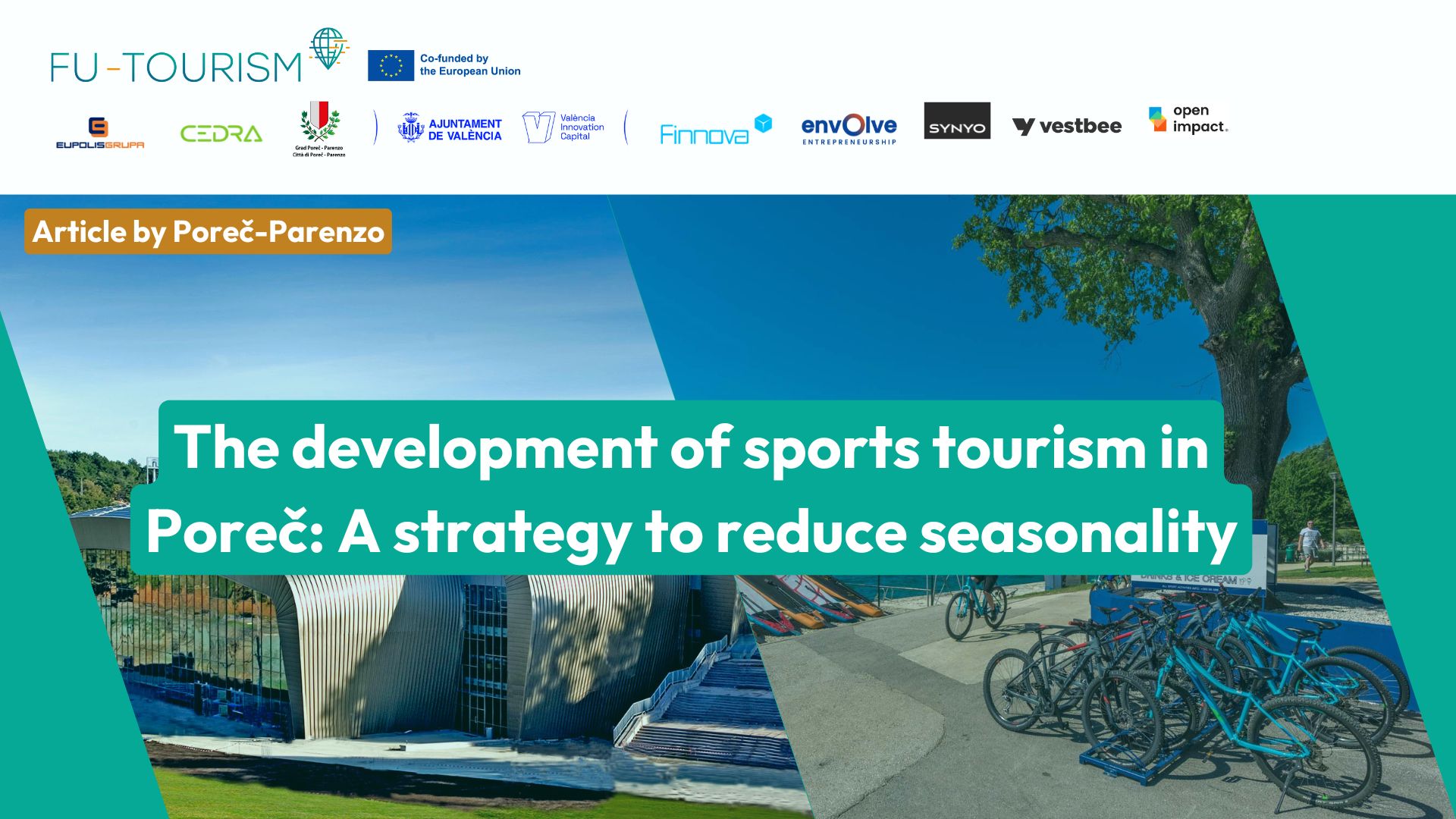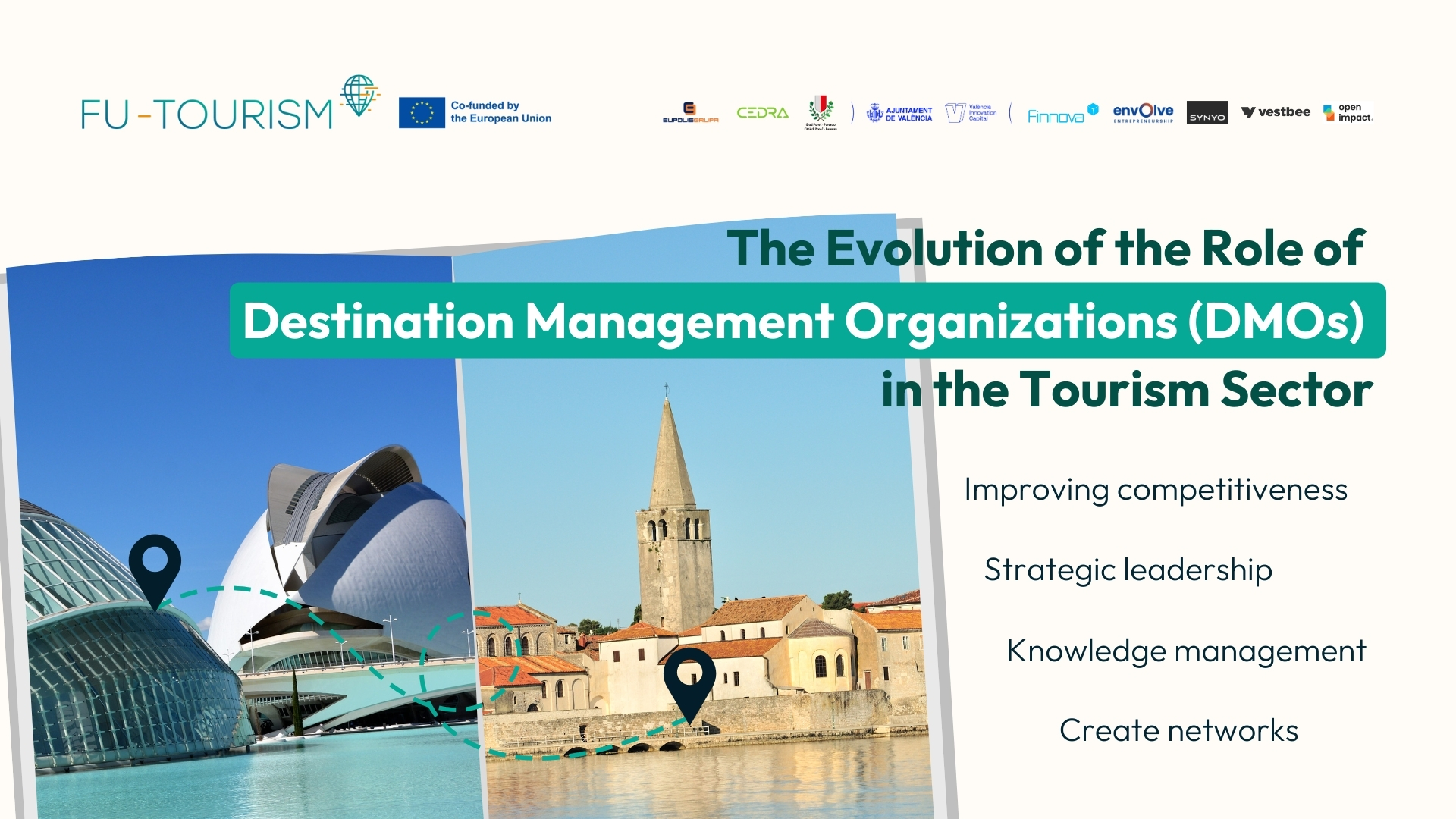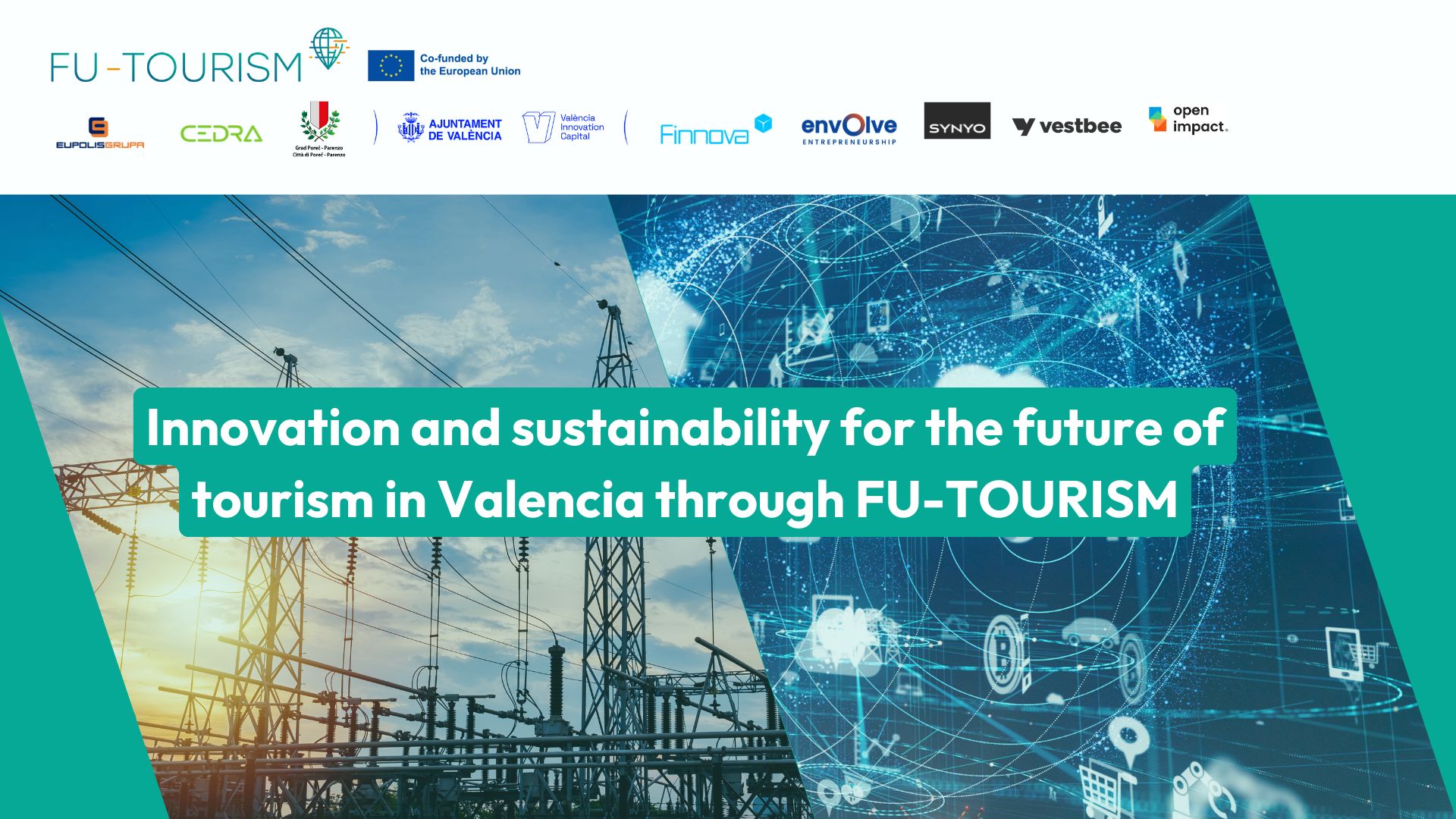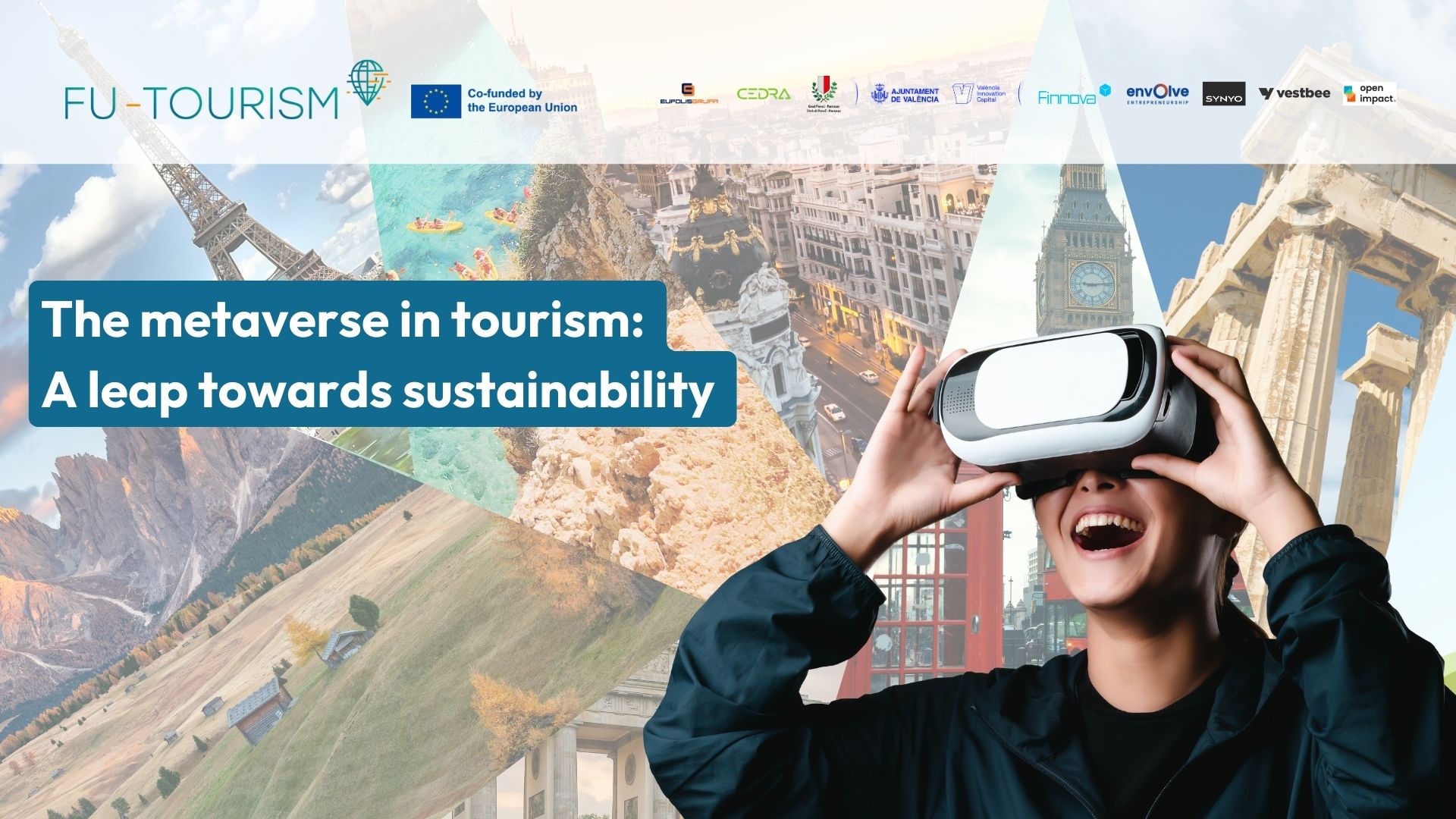
The development of sports tourism in Poreč: A strategy to reduce seasonality
Tourism is one of Croatia’s most vital economic sectors, but the challenge of seasonality poses a significant threat to sustainable development. As the global tourism industry increasingly focuses on long-term sustainability, reducing seasonality has become crucial for ensuring balanced growth without compromising the well-being of future generations. One effective solution to this challenge is the development of sports tourism. By organizing sporting events and a diverse range of sports activities, this sector not only extends the tourist season but also boosts the economic viability of the broader tourism industry.
Poreč, a well-known destination on Croatia’s coast, holds significant potential to capitalize on sports tourism. Known for its high-quality sports infrastructure, favourable climate, and capability to host major sporting events, Poreč can leverage sports tourism to reduce seasonality. This article explores how sports tourism contributes to mitigating seasonality in Poreč, focusing on key sporting events, local infrastructure, and strategies for sustainable growth.
Sports tourism in Poreč
Sports tourism in Poreč is multifaceted and offers activities such as water sports, cycling, tennis, and international sports events. The city’s geographical location, near the Adriatic Sea, combined with its excellent sports infrastructure—such as the Žatika Sports Hall, Poreč Tennis Centre, Poreč Sailing Club, the Veli Jože Hall, an athletics track, and extensive cycling paths—makes it an ideal destination for hosting a variety of competitions and training camps.
One of the most attractive aspects of Poreč’s sports tourism is its ability to seamlessly integrate with other forms of tourism. This diversification not only makes the destination appealing to a broader range of tourists but also creates new employment opportunities for locals, enriching the city’s overall tourism offer.
The social and ecological challenges of seasonality
Seasonal tourism often leads to a number of challenges for both the local community and the environment. One of the most prominent issues is the reliance on temporary employment, which creates job insecurity and contributes to the outflow of young people seeking stable, year-round employment opportunities. Those who remain in seasonal jobs frequently face high stress levels and are at risk of burnout.
The pressure on local infrastructure also intensifies during peak seasons, leading to overcrowding and lowered quality of life for both residents and visitors. From an ecological perspective, seasonal tourism places significant strain on natural resources, contributing to pollution, waste, and environmental degradation. The heavy influx of visitors during the summer months negatively impacts biodiversity, leads to marine pollution, and increases noise pollution, all of which further disturb the ecological balance of the region.
Sports tourism as a solution to seasonality
Despite these challenges, there are opportunities to reduce seasonality and ensure the long-term sustainability of the tourism industry. Poreč offers a prime example of how sports tourism can effectively extend the tourist season. By hosting sporting events year-round, Poreč attracts a steady stream of visitors, reducing reliance on peak-season traffic.
Other destinations can follow this example by diversifying their tourism offerings. Incorporating cultural, rural, or wellness tourism can help broaden the appeal of a destination beyond the traditional summer months. Additionally, developing weather-independent tourism products, such as wellness tourism or conference tourism, can help attract visitors during off-season, further alleviating the pressure of seasonality.
The long-term benefits of sports events
When well-planned and executed, sports events can play a pivotal role in the long-term sustainable development of tourism. Not only do these events extend the tourist season, but they also create new demand, making destinations more attractive year-round. Hosting international sports events increases a destination’s competitiveness and boosts its economic profile.
Poreč, named Croatia’s tourism champion in 2024, has already established itself as a leading destination. The city’s extensive infrastructure, favourable climate, and strategic location position it perfectly to expand its sports tourism sector. By investing in and promoting sports tourism, Poreč can further enhance its economic growth while simultaneously attracting tourists year-round.
Article by Andrea Bošnjak, tourism management student, intern at Town of Poreč-Parenzo.




